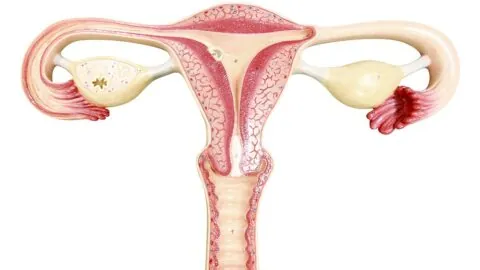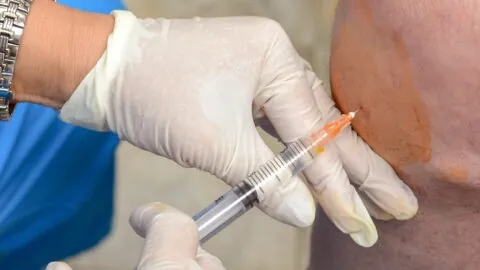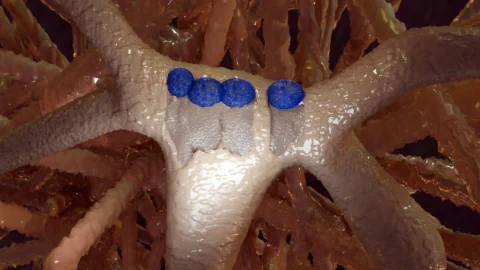May 15, 2024
Experiments in mouse models show the efficacy and safety of mesenchymal stem cell transplantation in treating ovarian aging [1]. Mesenchymal stem cells as a therapy Mesenchymal stem cells (MSCs) are stem cells derived from mesodermal tissue, such as the umbilical cord, umbilical cord blood, the placenta, fat tissue, and bone marrow [2]. MSCs are a...
May 02, 2024
A placebo-controlled Phase 1/2 trial conducted in East Shanghai has found that administering umbilical cord-derived mesenchymal stem cells reduces frailty in older people. Stem cells against frailty These researchers begin by defining frailty as "a state of heightened vulnerability to potential stressors as a consequence of reduction in physiological reserves across multiple systems" [1]. This...
October 05, 2023
A review article published in Stem Cell Research & Therapy has described the ways in which mesenchymal stromal cells (MSCs) are being developed to treat diseases, including age-related diseases. A lack of clinical treatments The reviewers begin their paper by discussing the most common age-related diseases. Immune system problems such as multiple sclerosis [1], brain...
September 22, 2023
Resarchers publishing in Aging have found that extracellular vesicles (EVs) derived from human umbilical cord mesenchymal stem cells (MSCs) reduce inflammatory markers in chondrocytes, which are responsible for building and maintaining human cartilage. An established approach This is far from the first attempt at treating osteoarthritis using stem cells. We have previously reported on a...
August 21, 2023
Researchers publishing in Aging have uncovered some of the molecular mechanisms behind why mesenchymal stem cells (MSCs) do and don't differentiate into bone-building osteoblasts, unlocking a potential new approach to osteoporosis. A matter of cellular fate MSCs are downstream of pluripotent stem cells: they can differentiate into multiple cell types, but not every somatic cell...
August 30, 2022
Scientists have shown that intravenous delivery of mesenchymal stem cells, which has some advantages over the more conventional intra-articular injection, alleviates age-related osteoarthritis and decreases inflammation in guinea pigs [1]. Systemic administration Osteoarthritis, a degenerative joint disease, is one of the most common causes of disability in old age. By limiting the ability to maintain...






